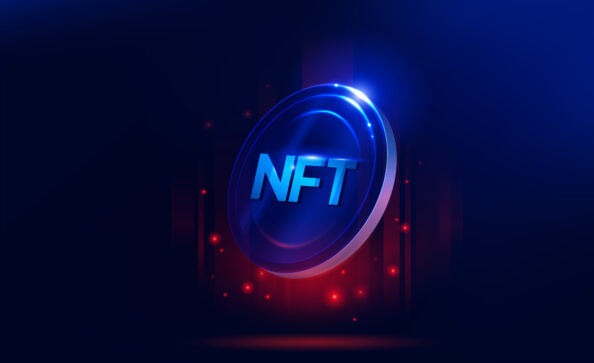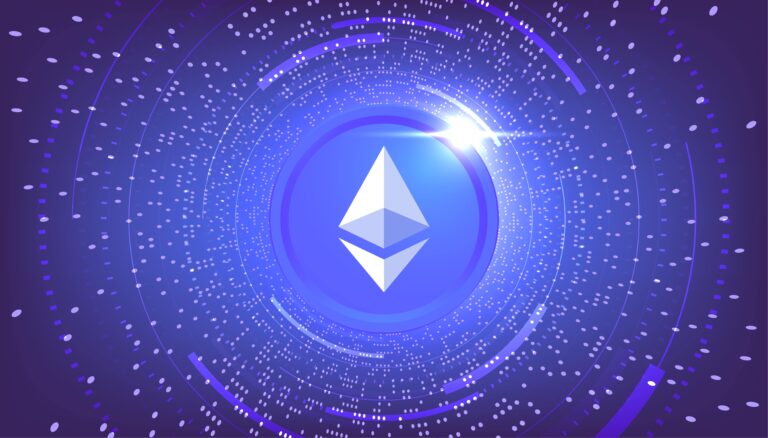
Sports NFTs (non-fungible tokens) are changing how fans collect memorabilia and digital cards, trade highlights, and connect with athletes. In 2025, NFT sport goes beyond collectibles—teams and creators use tokens to power memberships, ticketing, and programmable rewards.
In this guide, you’ll learn what NFT sport is, how it works, where to buy and store assets, how to follow sport NFT drops, and which sport NFT marketplaces suit different needs.

NFT sport (sometimes written as sport NFT) refers to blockchain-based assets tied to sports: trading cards, video highlights, digital memorabilia, fantasy items, and tokenized tickets. These tokens are unique, verifiable, and tradable on dedicated sport NFT marketplaces.
Like traditional cards, sports NFTs represent moments, athletes, or rare items—but with cryptographic provenance and global liquidity. A legendary dunk or milestone goal can be tokenized into a limited edition and traded worldwide. Many projects also use NFTs as fan passes that unlock behind-the-scenes content, discounts, and VIP access.
Blockchain & smart contracts. Minting, transfers, and sales are recorded on a public ledger, creating a tamper-evident trail of authenticity and ownership. Smart contracts (the NFT’s “rules engine”) define supply, transfers, royalties, and utility.
Media vs. token. Anyone can copy a video or image, but the token is the verifiable certificate of ownership. The token holds (or points to) metadata that describes the asset and links it to the owner.
Programmable utility. Teams and creators can token-gate perks (early content, lounges, votes), issue tiered memberships, or distribute rewards automatically based on what a wallet holds.
Security basics. Verify official contracts, beware phishing and unlimited approvals, and periodically revoke risky permissions. For a deeper dive, see our guide to NFT scams
Standards. Most sports NFTs use ERC-721 (1/1 items) or ERC-1155 (editions). Royalties are signaled via ERC-2981 (note: enforcement can vary by marketplace).
Metadata & storage. Contracts expose a tokenURI pointing to JSON metadata (name, image, attributes). Media is typically stored on IPFS/Arweave; reliable pinning ensures long-term availability.
Chains & wallets. Common stacks are Ethereum/Polygon (MetaMask, WalletConnect) and Flow (Dapper). Choose based on fees, audience, and marketplace support.
Minting models. Primary sales (“sport NFT drops”) can use allowlists, Dutch auctions, or fixed-price sales. “Lazy minting” defers on-chain creation until purchase to reduce costs. Read more about what minting is.
Custody. Platforms may be custodial (easy onboarding, email login) or self-custody (you hold keys). Use a hardware wallet for higher-value items.
Approvals & fees. Listings require token approvals; trades on EVM chains incur network fees (“gas”). Off-chain signatures (EIP-712) help reduce gas until settlement.
Access checks. Apps verify ownership on-chain (e.g.,balance0f) or by snapshot to grant benefits like gated content, ticket upgrades, or fantasy entries.
Digitize the asset.
Upload a photo, highlight video, 3D collectible, or player card via the platform’s Create/Mint flow. Add the name, description, attributes/properties, and edition size (1/1 or multiples).
Prepare rights & licenses.
Confirm you (or your club/league) hold the necessary IP/image rights for athletes, logos, footage, and music. Define commercial terms (allowed uses, territories) before minting.
Choose standards & chain.
Pick ERC-721 (one-of-one) or ERC-1155 (editions). Select a chain based on audience and fees: Ethereum/Polygon (EVM, broad tooling) or Flow (mainstream UX). This also affects which sport NFT marketplaces you can list on.
Store the media.
Keep large files off-chain using IPFS/Arweave; store JSON metadata (name, image, attributes) at tokenURI. Make sure files are pinned for long-term availability; consider on-chain pointers to backups.
Set supply, royalties, and utility.
Lock in total supply, reveal mechanics, and perks (token-gated content, ticket upgrades, memberships). Signal secondary royalties with ERC-2981 (actual enforcement varies by marketplace).
Test, then sign & mint.
Dry-run on a testnet (or staging collection). When ready, sign the mint with your wallet; the contract issues the token(s) and links them to metadata.
Price & release (“sport NFT drops”).
Pick a launch model: fixed price, Dutch auction, allowlist/loyalty mint, or tiered phases. Communicate mint window, network, and wallet requirements clearly.
List & sell.
Enable primary sales on your site or a launchpad; then list for secondary trading on compatible sport NFT marketplaces. Provide clear FAQs, support, and links to official contracts.
Prefer full control? See our Non-Custodial Crypto Wallet development overview — key management, UX flows, and integrations for sport NFT apps.
The sport NFT market is shaped by licensed leagues, athlete IP, and fan communities across Flow, Polygon, and Ethereum. Activity spans primary sales (sport NFT drops) and secondary trading on major sport NFT marketplaces. Key dynamics:
Key players (formats & roles)
Trends to watch
Outlook
As the sport NFT market matures, expect tighter links between digital passes and real-world benefits (priority queues, seat upgrades, members-only content), delivered through user-friendly apps and mainstream payment flows—while secondary trading continues on established sport NFT marketplaces.

Why fans collect. Sports NFT cards provide provable scarcity, transparent history (edition size, mint date, owners), and instant settlement. Many include HD visuals, dynamic stats, or fantasy utility.
Popular options.
What an NFT “card” means. A blockchain-registered version of a sports card with unique metadata and tradeable ownership—no grading mail-ins or provenance doubts.
Fans. Own memorable plays, unlock exclusive content, or get VIP access—tokens deepen your connection to teams and athletes.
Collectors & investors. NFTs are liquid and provably rare, but prices are volatile. Research licensing, supply, and utility; only spend what you can afford to lose.
Gamers. Many NFT sport items double as fantasy game assets or keys to special contests.
Quick checklist before buying:
Are sports NFTs worth buying?
They can be—for access, utility, and community. Financial upside is uncertain; treat NFTs as high-risk digital assets.
Can you resell sports NFTs?
Yes. Most platforms support secondary markets (Top Shot marketplace, Sorare Market, OpenSea, Rarible). Liquidity and pricing vary.
What’s the best blockchain for sport NFTs?
Which wallet do I need?
Where do I find upcoming drops?
Check official calendars and social channels of marketplaces (Top Shot, Sorare, DraftKings, Autograph, Panini NFT) and teams/athletes. Verify links and contracts before minting.
What is Panini NFT and how does it work?
Panini NFT are licensed digital trading cards sold in limited drops. You can buy packs, reveal cards, and trade them on Panini’s marketplace; editions, rarity, and ownership are recorded on-chain.
NFT sport is evolving from static collectibles into programmable fan infrastructure: tickets, memberships, loyalty, and interactive media. For organizations, tokens open measurable engagement and new revenue; for fans, they deliver identity, access, and ownership.